Prevention and Nursing Management for Skin Cancer
Skin protects the body from injury and is a bulwark against bacterial infections, viruses, and fungi. Heat loss and heat storage arranged through vasodilation of skin blood vessels or sweat glands se…
Nursing Diagnosis related to Endocarditis
Endocarditis is an infection of the heart valves or the inner membrane of the heart (endocardium). Most people who develop this condition already have heart problems and are over 50 years old, but it…
Physical Examination and Examination Support for Rabies
Rabies is an acute infectious disease of the central nervous system in humans and mammals which have been fatal. In humans theoretically, clinical symptoms consisted of 4 stages in a real situation…
Malignant Lymphoma - Pathophysiology and Nursing Management
Understanding of malignant lymphoma among others by: Danielle, (1999) that lymphoma is a malignancy that arises from the lymphatic system. Susan Martin Tucker, (1998) is a group of neoplasms deri…
Nursing Care - Personal Hygiene in the Elderly
Maintenance of personal hygiene will determine the health status, in which individuals consciously and personal initiative to maintain health and prevent disease. This effort is more profitable for …
Klinefelter's Syndrome - Symptoms and Treatment
Klinefelter's syndrome was first described in 1942 when Klinefelter et al studied 9 men with gynecomastia, small testes, azoospermia, and elevated levels of gonadotropins. They believe that hypo…
Ineffective Cerebral Tissue Perfusion related to Hydrocephalus
Hydrocephalus also known as "water on the brain," is a buildup of fluid inside the skull that leads to brain swelling. Hydrocephalus is a medical condition in which there is an abnormal ac…
5 Nursng Diagnosis Interventions for Malignant Lymphoma
Lymphomas are a group of cancers in which cells of the lymphatic system become abnormal and start to grow uncontrollably. Because there is lymph tissue in many parts of the body, lymphomas can start …
Hypopituitary - 6 Nursng Diagnosis and Interventions
Hypopituitarism is a condition in which the pituitary gland does not produce one or more of its hormones or not enough of them. The pituitary gland is located at the base of the brain. This condition…
Nursing Diagnosis for Pyelonephritis : Impaired Urinary Elimination
Pyelonephritis is an ascending urinary tract infection that has reached the pyelum or pelvis of the kidney. It is a form of nephritis that is also referred to as pyelitis. Pyelonephritis is a pote…
Ineffective Tissue Perfusion related to Meningitis
Meningitis is a disease caused by the inflammation of the protective membranes covering the brain and spinal cord known as the meninges. The inflammation is usually caused by an infection of the flui…
Acute Pain related to Menstrual Disorders (Dysmenorrhea)
A menstrual disorder is an irregular condition in a woman's menstrual cycle. There are a number of different menstrual disorders. Problems can range from heavy, painful periods to no period at al…
Nursing Intervention of Malaria
Malaria is caused by a type of parasite known as Plasmodium. This is a microscopic parasite that is transmitted by certain species of mosquitoes. Although there are numerous types of Plasmodia parasi…
Nursing Diagnosis for Pulmonary Edema
Pulmonary edema is fluid accumulation in the lungs, which collects in air sacs. Pulmonary edema is an abnormal buildup of fluid in the air sacs of the lungs, which leads to shortness of breath. It le…
The Symptoms of Most Common Types of Anemia
Anemia is a condition in which the body does not have enough healthy red blood cells. Red blood cells provide oxygen to body tissues. 1. Anemia due to B12 deficiency Vitamin B12 deficiency anemia…
Symptoms and Complications of Acromegaly
Acromegaly is a syndrome that results when the anterior pituitary gland produces excess growth hormone (GH) after epiphyseal plate closure at puberty. The term acromegaly comes from Greek words meani…
Urinary Tract Infection (UTI) - 4 Nursing Diagnosis Interventions
NCP Urinary Tract Infection (UTI) : Nursing Diagnosis and Interventions 1. Acute Pain related to inflammation and infection of the urethra, bladder and other urinary tract structures. Goal: Pai…
Decreased Cardiac Output - NCP Heart Failure
Heart failure or congestive heart failure occurs when the heart is unable to provide sufficient pump action to distribute blood flow to meet the needs of the body. Heart failure can be caused by c…
11 Nursing Diagnosis related to Typhoid Fever
Typhoid fever is a bacterial disease, caused by Salmonella typhi. It is transmitted through the ingestion of food or drink contaminated by the faeces or urine of infected people. Salmonella Typhi l…
Sample of NCP for Hepatitis - Acute Pain
Some of the symptoms associated with hepatitis C can cause pain. People with hepatitis C may experience episodes of abdominal pain. Pain or soreness on the right side just below the ribs could be fro…
Popular Posts
Random Posts
Blog Archive
-
▼
2013
(56)
-
►
April
(6)
- Malignant Lymphoma - Pathophysiology and Nursing M...
- Nursing Care - Personal Hygiene in the Elderly
- Klinefelter's Syndrome - Symptoms and Treatment
- Ineffective Cerebral Tissue Perfusion related to H...
- 5 Nursng Diagnosis Interventions for Malignant Lym...
- Hypopituitary - 6 Nursng Diagnosis and Interventions
-
►
April
(6)



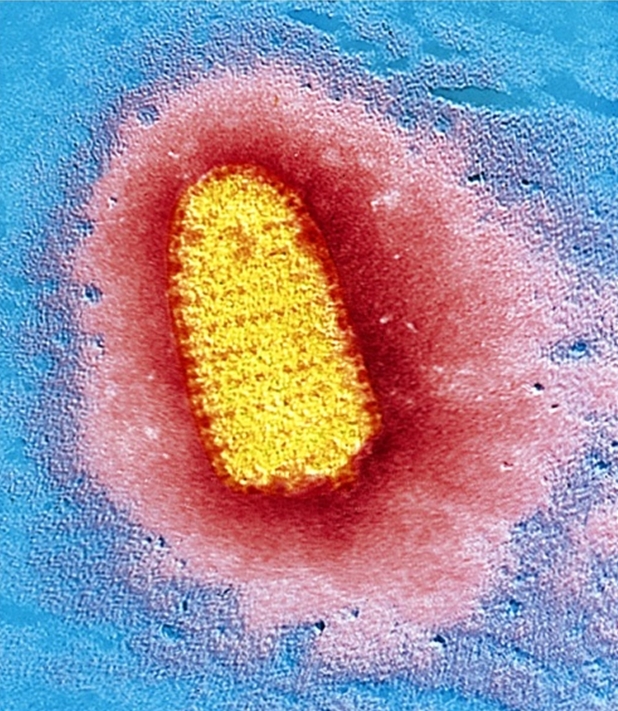


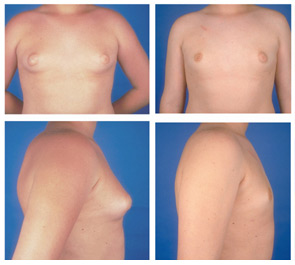





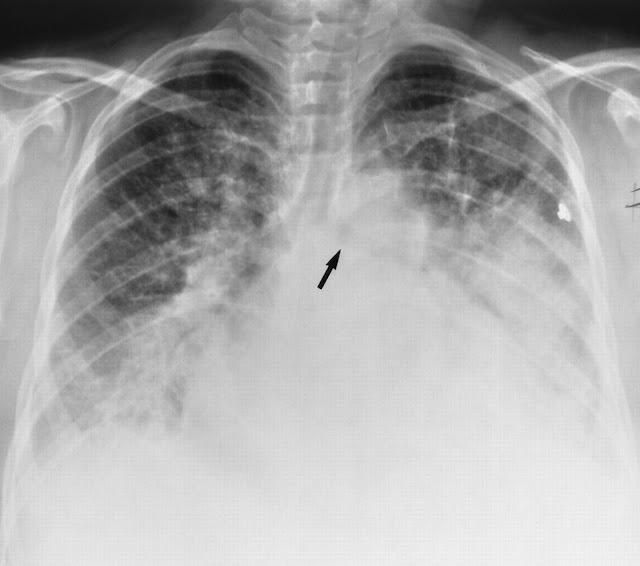


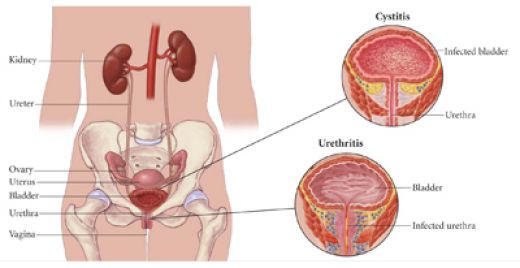

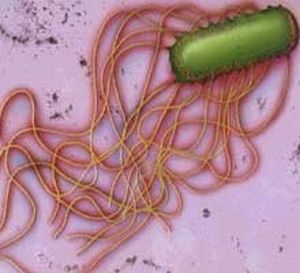





Social Plugin